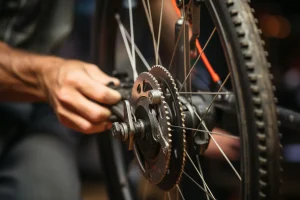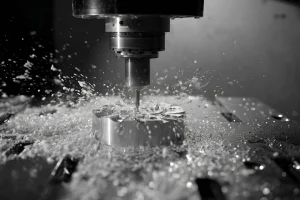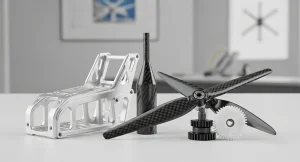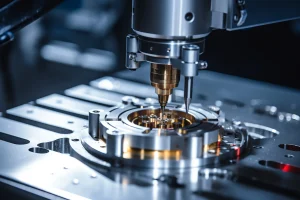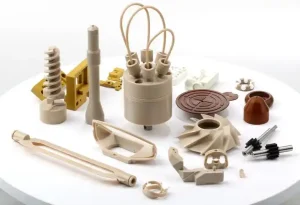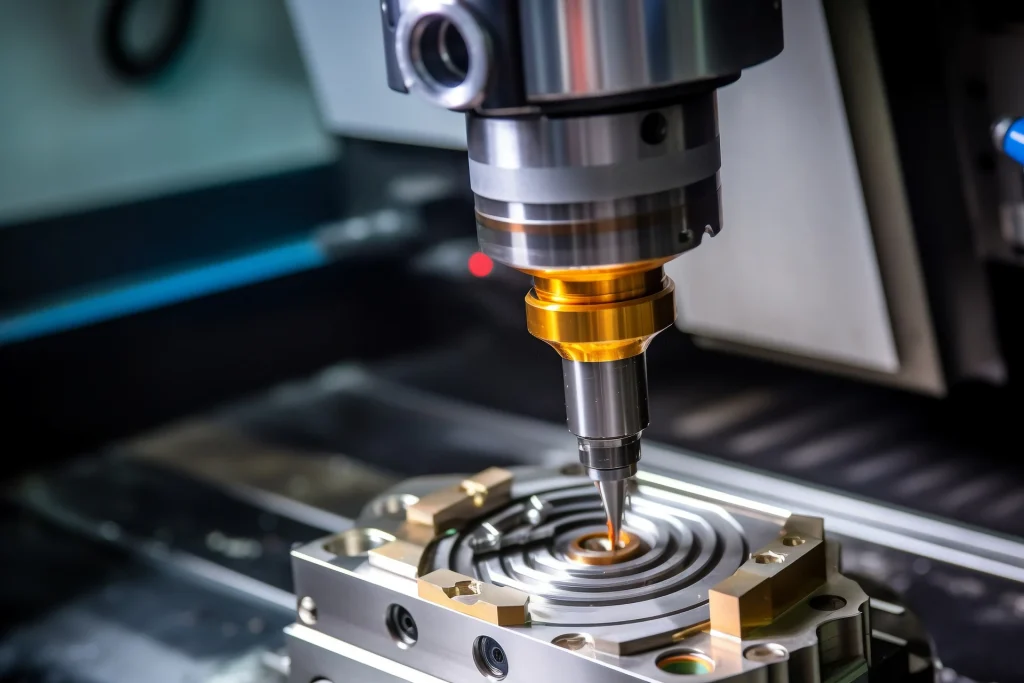
Operator quality and skills
1. Insufficient skill level:
Precision CNC processing technology requires operators to have high professional skills and programming ability. If the operator does not understand the performance of the equipment well enough or is not proficient in operation, it may lead to misoperation, which will affect the processing quality.
Solution: Strengthen the skill training of operators to ensure that they are familiar with the performance of the equipment, master the correct operation methods, and improve the processing accuracy and quality.
2. Weak quality awareness:
Some operators may lack quality awareness, pay insufficient attention to the details in production, and are prone to perfunctory situations.
Solution: Strengthen quality awareness education, improve the sense of responsibility and mission of operators, and let them fully realize the importance of quality.
Raw material quality
1. Material specifications do not meet:
The specifications and performance of raw materials do not meet the processing requirements, which will directly affect the processing quality.
Solution: Strictly screen raw material suppliers to ensure that the purchased raw materials meet the processing requirements, and conduct quality inspections on each batch of raw materials.
2. Poor material consistency:
There may be large performance differences between raw materials in the same batch, resulting in inconsistent quality of processed parts.
Solution: Strengthen the inspection and classification management of raw materials to ensure that the performance of raw materials in the same batch is similar and improve the consistency of processing quality.
Equipment accuracy and stability
1. Insufficient equipment accuracy:
The accuracy of precision CNC processing equipment directly affects the processing quality. If the equipment accuracy is insufficient, the size and shape of the processed parts may deviate.
Solution: Select high-precision precision CNC processing equipment, and regularly maintain and calibrate the equipment to ensure that the equipment accuracy meets the processing requirements.
2. Poor equipment stability:
During long-term operation, the equipment may experience problems such as vibration and looseness, affecting the processing quality.
Solution: Strengthen the maintenance and maintenance of the equipment, regularly check the stability and accuracy of the equipment, and promptly discover and solve problems.
Processing technology and parameter setting
1. Unreasonable processing technology:
The selection and arrangement of the processing technology directly affects the processing quality. If the processing technology is unreasonable, it may cause quality problems during the processing process.
Solution: Select the appropriate processing technology according to the processing requirements of the parts, and reasonably arrange the processing sequence and steps.
2. Improper parameter settings:
During precision CNC machining, the settings of parameters such as cutting speed, feed rate, and cutting depth have a great impact on the machining quality. If the parameters are set improperly, problems such as large surface roughness and poor dimensional accuracy may occur.
Solution: Reasonably set the machining parameters according to the machining materials and parts requirements to ensure that the machining process is stable and reliable.
Environmental factors
1. Temperature fluctuations:
Temperature fluctuations at the machining site will affect the accuracy and stability of the machine tool, and thus affect the machining quality.
Solution: Keep the temperature at the machining site stable, adopt constant temperature measures or install temperature control equipment.
2. Vibration and noise:
Vibration and noise at the machining site will have adverse effects on the machine tool and cutting tool, reducing the machining quality.
Solution: Take measures to reduce the interference of vibration and noise, such as installing shock-absorbing pads, sound insulation boards, etc.

